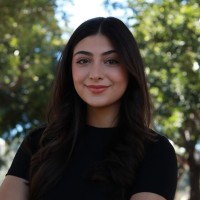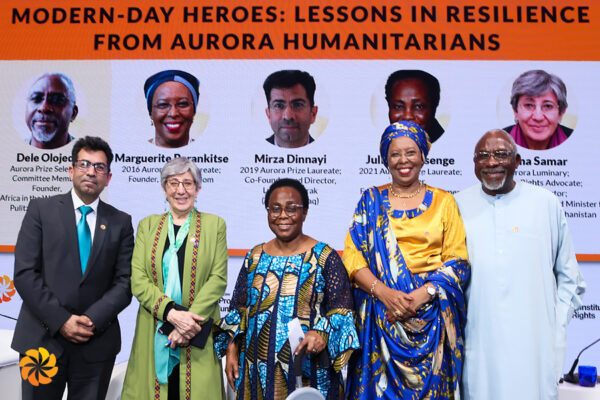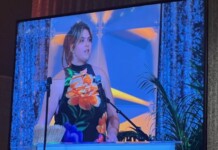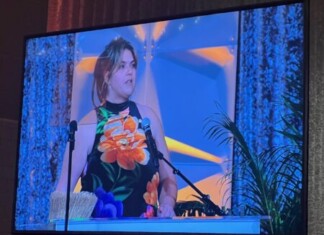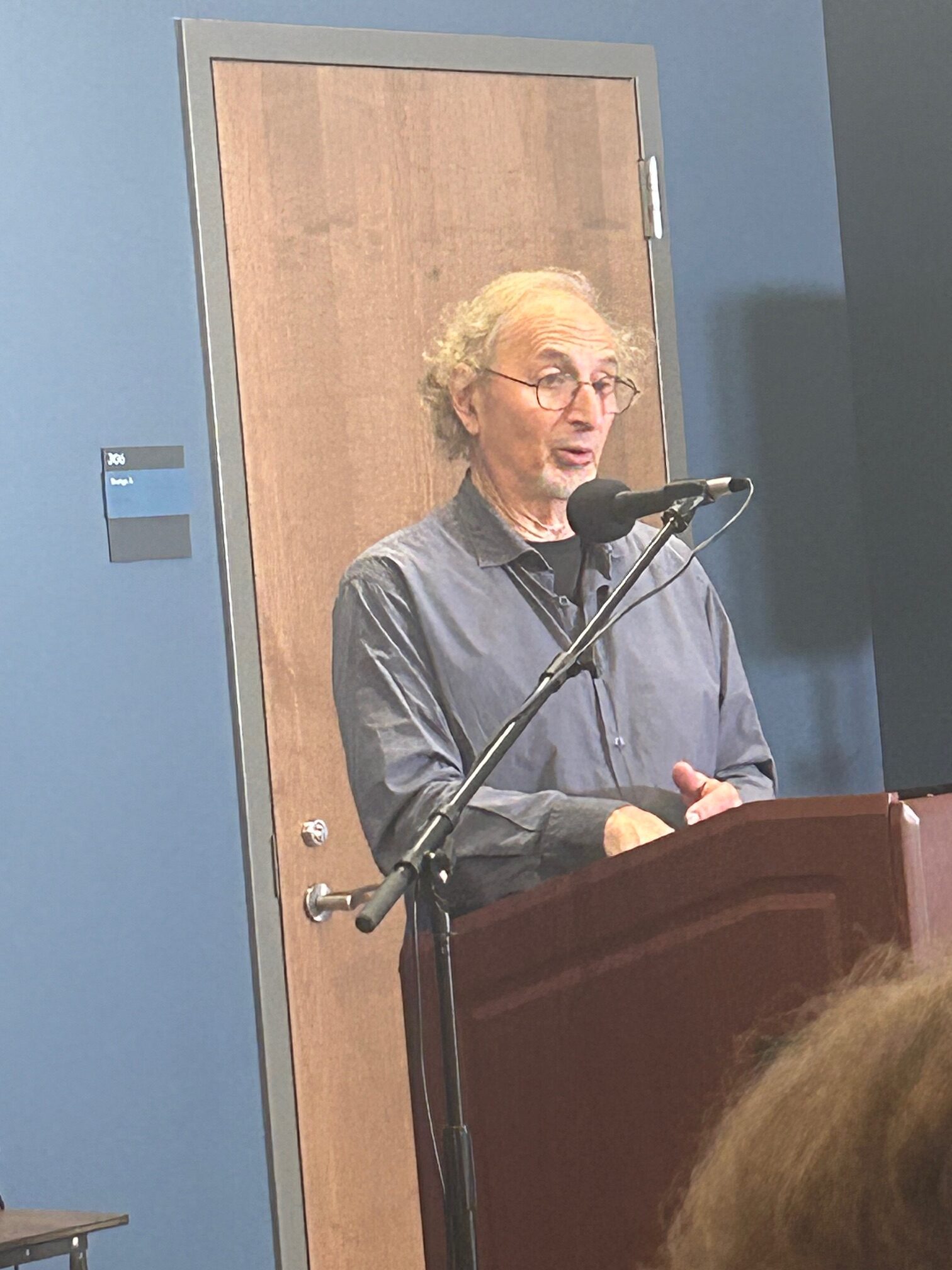LOS ANGELES — In a testament to the urgency of global solidarity, the 2025 Humanitarian Summit and Human Rights and Humanitarian Forum brought together a dynamic, international group of activists, policymakers, academics, and humanitarians this week on the UCLA Campus. Participants redoubled their commitment to humanitarian relief efforts as they acknowledged the polycrisis facing the sector, including the dismantling of foreign aid in the current landscape. The two-day gathering, held on May 6-7 as part of Aurora’s 10th anniversary events, served as a catalyst for bold, integrated solutions to the world’s most pressing challenges.
“We are in an era of ‘polycrisis,’ and a world that has become fiercely divided across everything from supply chains to economies to politics,” said Noubar Afeyan, co-founder and chair of the Board of the Aurora Humanitarian Initiative and Founder and CEO of Flagship Pioneering. “The question is this: Are we prepared to think differently about the era we’re in? Are we prepared to create a new normal in which we prioritize humanity, just as Aurora Humanitarians do every day.”
The Humanitarian Summit united more than 50 humanitarians and key stakeholders from across the globe, engaging them in insightful dialogue on overcoming the daily challenges faced by those working on the ground. The 2025 Human Rights and Humanitarian Forum, co-hosted by the Aurora Humanitarian Initiative and The Promise Institute for Human Rights at UCLA Law, convened under the theme “At the Crossroads: Driving Integrated Action for a Resilient Future.” Attendees from 30 countries, including India, Pakistan, Colombia, Nigeria, Iraq, France, South Africa, Mauritania, and Argentina, offered a truly global platform for advancing human dignity, justice, and sustainable peace.
“I think that there is suffering around the world that can be perpetually discouraging if we allow it to be … however, I see opportunities for people to not just fight back against injustice, but to create alliances that can be sustainable to help people long term,” noted Dr. Eric Esrailian, co-founder of the next chapter and Board Member of the Aurora Humanitarian Initiative. As he addressed the attendees: “You are all individuals who represent various causes and initiatives doing all remarkable things without any real recognition. We applaud you for your efforts, and you inspire me.”
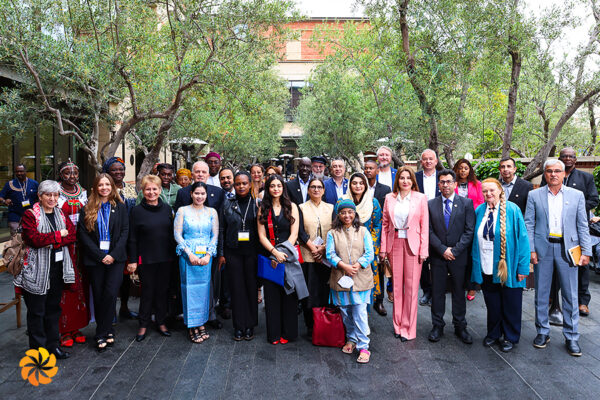
The Summit and Forum fostered practical, interdisciplinary strategies, linking urgent humanitarian response with long-term commitment to human rights, sustainable development, and environmental responsibility, while also bringing next-generation activists to the table.
When asked about how she was reacting to the drastic changes to the foreign aid landscape, Nobel Peace Prize Laureate Leymah Gbowee replied: “This moment is my reality. It has always been chaos. It has never been financially stable,” said Gbowee, who is Founder and President of the Gbowee Peace Foundation Africa. “Over 30 years, it has been one struggle after another. The one thing that has kept me going is my community.”
